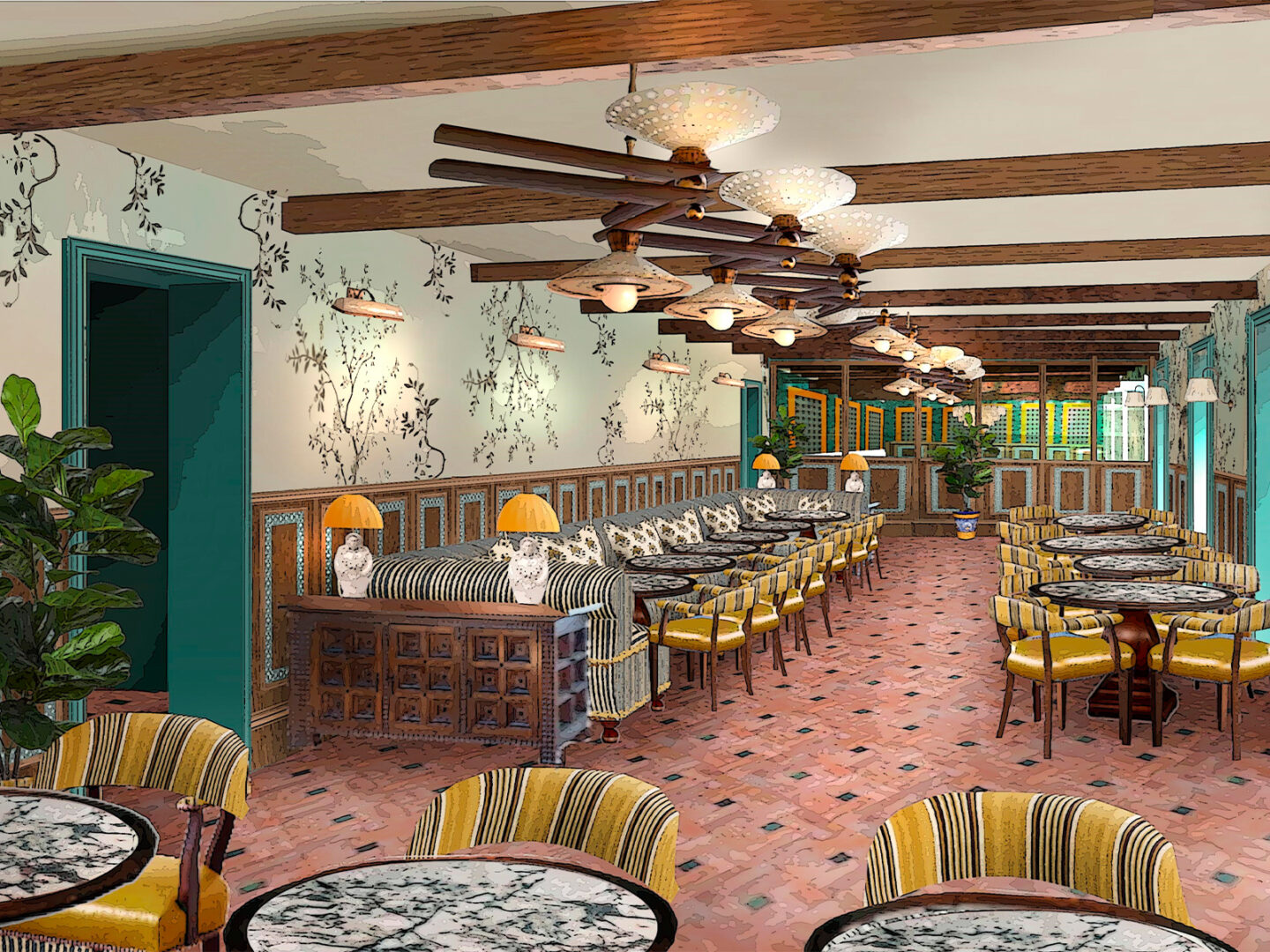A new chapter has begun for the exclusive global private members’ club, Soho House, following a recent acquisition deal that places its valuation at a staggering £2 billion. This significant transaction not only marks a major moment in the hospitality and leisure industry but also introduces a fresh perspective to the company’s leadership. The move, which brings a prominent figure from the entertainment and technology sectors onto its board, signals a strategic shift for the brand as it looks to expand its influence and appeal to a new generation of members. The acquisition solidifies the club’s position as a premium lifestyle brand while also hinting at a future that blends its traditional exclusive model with modern technological advancements and media presence.
The acquisition itself is a complex financial transaction involving multiple investors and is a testament to the brand’s perceived value. For years, Soho House has cultivated an image of exclusivity and artistic flair, drawing in a global membership of creative professionals, entrepreneurs, and influential figures. This reputation, combined with its portfolio of stylish clubs and hotels in prime locations around the world, has made it a highly sought-after asset. The £2 billion valuation reflects not just its current assets but also the immense potential for growth and profitability that the new owners see in the brand. This level of investment suggests a strong belief in the club’s business model and its ability to thrive in a competitive market.
A significant element of this agreement is Ashton Kutcher joining the board of directors. Although known for his thriving acting career, Kutcher has established himself as a shrewd investor and entrepreneur in the tech sector. His involvement brings a distinctive combination of media acumen and business insight to the company’s leadership. This isn’t merely a celebrity endorsement; it represents a strategic addition intended to leverage his expertise in technology, media, and venture capital. Kutcher’s presence on the board is likely to impact Soho House’s future plans, especially in realms like digital engagement, brand partnerships, and employing technology to enhance member experience. His knowledge of the digital economy and entertainment industry offers invaluable contributions that can support the club in navigating the ever-changing consumer landscape.
The integration of a new board member with a strong background in technology and media is a telling sign of the direction Soho House is likely to take. While its core appeal has always been its physical spaces and in-person networking, the company is now faced with the challenge of remaining relevant in a world increasingly dominated by digital interactions. Kutcher’s role could involve exploring new digital platforms for members, enhancing the brand’s online presence, and even identifying new business opportunities in the tech and media sectors. This forward-looking approach suggests that Soho House is not content to rest on its laurels but is actively seeking ways to innovate and stay ahead of the curve.
The transaction also highlights general patterns in the leisure and hospitality sector. What were once exclusive private members’ clubs are now experiencing a revival in popularity. These clubs provide more than just accommodation or dining options; they offer a sense of community, inclusion, and tailored experiences. The achievement of Soho House has sparked a new surge of similar ideas, all competing for the interest of a selective customer base. The £2 billion purchase indicates that this approach is not temporary but a sustainable and lucrative business plan. It underscores the increasing consumer desire for experiences that are distinct, customized, and prestigious, transcending a mere transactional interaction.
The recent shifts in ownership and the composition of the board are likely to lead to a period of strategic reevaluation and potential expansion efforts. While Soho House’s main objective is expected to remain—to provide a sanctuary for creative individuals—the ways to achieve this mission may evolve. This could involve opening new clubs in developing areas, prioritizing different fields such as wellness or media, and placing a stronger emphasis on delivering a smooth member experience, both inside and outside the facilities. The acquisition offers the essential financial backing and strategic guidance to achieve these ambitious goals. The inclusion of a new board member with a diverse background clearly indicates that the company is receptive to innovative ideas to accomplish its aims.
The upcoming trajectory of Soho House seems to involve a mix of its recognized essence and an exploration into novel territories. The acquisition and the addition of a new board director transcend typical financial news; they symbolize a company in evolution. The brand is set to capitalize on its worldwide allure, selective community, and physical venues to develop a multifaceted enterprise that goes beyond the conventional limits of a private club. The £2 billion market assessment and the strategic inclusion of a tech-oriented board leader convey considerable confidence in this plan. It will be intriguing to observe how this refreshed leadership guides the organization and what fresh ideas they will bring to a brand already linked with luxury and exclusivity.

